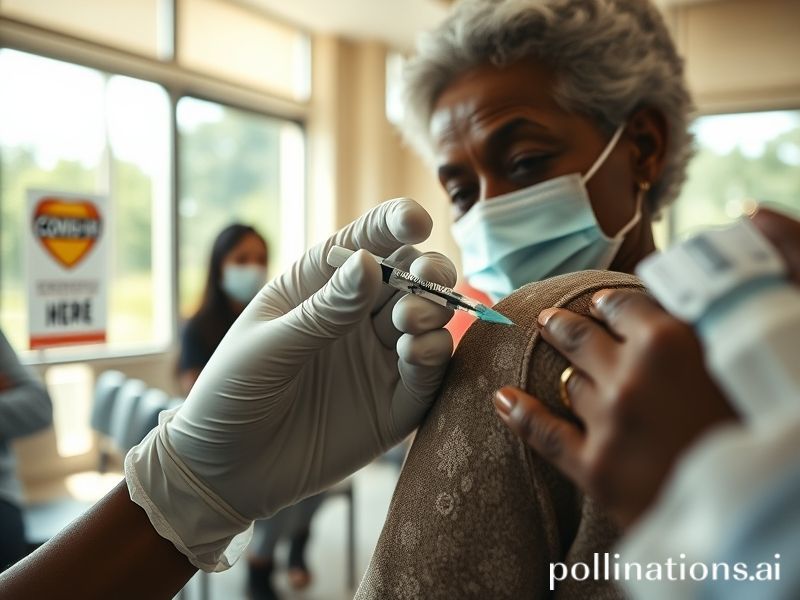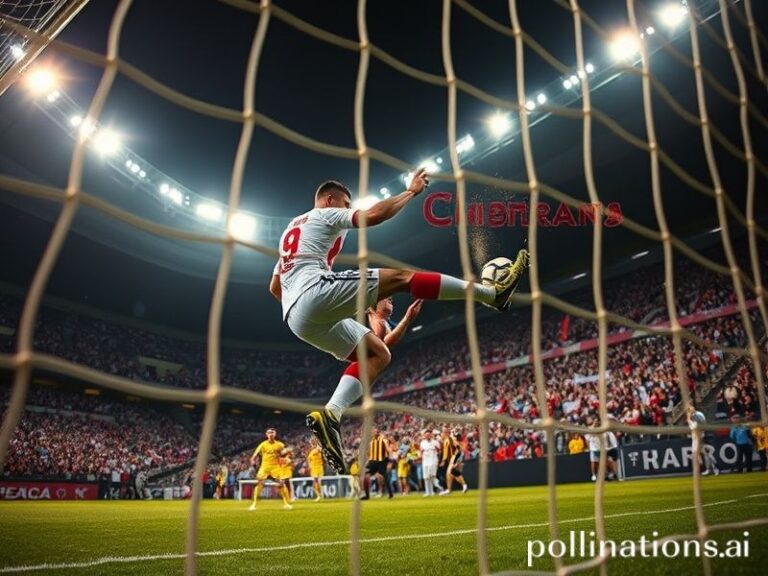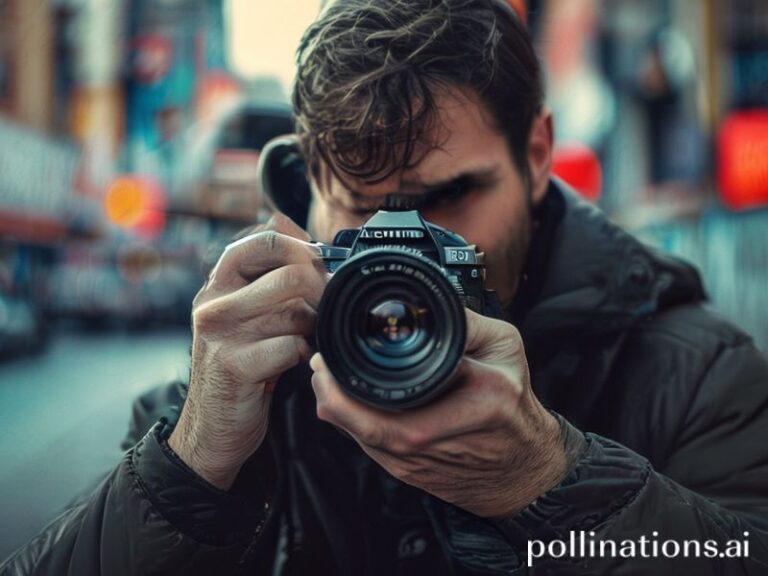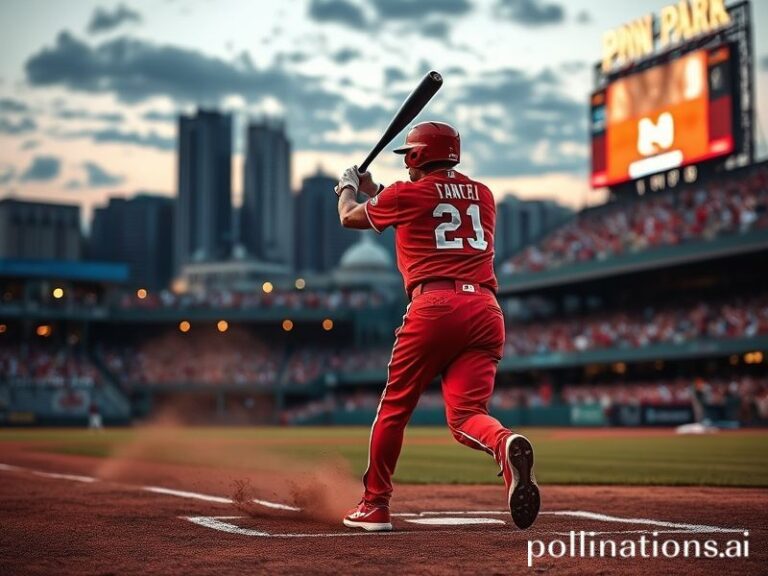The Great Global Syringe Swap: How COVID Vaccines Became the World’s Hottest Commodity and Moral Flashpoint
# The Great Global Syringe Swap: How a Needle Became the Passport, Currency, and Moral Litmus Test of Our Age
By the time the first vials of mRNA-1273 and BNT162b2 rolled off the refrigerated cargo jets in late 2020, the planet had already perfected the art of arguing about things nobody truly understood. Overnight, a microscopic lipid nanoparticle became the most politicized speck since the atom, and the word “jab” was upgraded from boxing slang to geopolitical verb. From the fjords of Norway to the favelas of Rio, citizens discovered that their arms were suddenly diplomatic real estate—each prick a miniature treaty with Pfizer, Moderna, Sinovac, or whatever brand their government could haggle out of the diplomatic bargain bin.
Rich nations, never shy about hoarding, snapped up doses the way Silicon Valley bros collect NFTs. Canada secured enough vaccines to inoculate every moose twice; the EU built a fortress of contracts thicker than the Maastricht Treaty. Meanwhile, COVAX—the well-meaning UN-backed initiative—was left playing the role of a tragically underfunded Kickstarter campaign, periodically posting hopeful updates like “We’re 94 % of the way there, guys!” as shipments evaporated en route or expired quietly in airport freezers.
The moral math was exquisite: for every booster administered in Zurich, somewhere in Harare a nurse was re-diluting a half-empty vial to stretch it across six shoulders. The phrase “vaccine equity” started popping up at G7 photo-ops, right between the foie gras and the collective promise to study the problem thoroughly next year.
Yet the virus, indifferent to press statements, kept mutating like a teenager discovering identity politics. Delta stormed India, then lounged poolside in Mykonos; Omicron threw a rave in Johannesburg and sold tickets to the Northern Hemisphere. Borders slammed shut in choreographed panic, only to reopen once leaders realized that the virus possessed both a passport and a frequent-flyer account.
Public sentiment tracked accordingly. In France, the unvaccinated were barred from baguettes—an act of hostility so severe the government briefly feared civil war. In the United States, shots became just another front in the culture wars, right between gun rights and whether “Die Hard” is a Christmas movie. Australians, once the world’s loudest backpackers, discovered the singular joy of being locked inside their own continent and promptly turned on one another with the enthusiasm of siblings trapped on a long car ride.
China administered its home-grown Sinopharm with patriotic gusto, then pivoted to a “dynamic zero-COVID” strategy that welded apartment doors shut and turned PCR testing into a daily liturgy. The rest of the planet watched, half-horrified, half-impressed, as entire megacities flickered on and off like faulty Christmas lights.
By 2023 the conversation shifted from scarcity to surplus. Expiry dates loomed; African nations politely declined additional deliveries, citing cold-chain logistics and the awkward fact that 30 % of their existing stock was already past its sell-by date. Billions of taxpayer dollars sat quietly decomposing in landfill-adjacent incinerators, a fitting monument to the moment when hope met refrigeration limits.
And still the boosters came: bivalent, quadrivalent, quint-eventually-valent—each rollout packaged in the same breathless PR language once reserved for new iPhones. Pharmacies offered shots next to Halloween candy, a pairing that felt almost too on-the-nose.
In the end, the needle did what every grand narrative does: it shrank to background noise. Today, the same people who once queued for hours in football stadiums now shrug at the annual e-mail reminder like it’s a LinkedIn request. The virus, ever the courteous guest, has agreed to become “endemic,” which is epidemiologist-speak for “We’re bored, let’s learn to live with it.”
Humanity’s takeaway? We can synthesize a life-saving molecule in record time, distribute it across tectonic plates, and still find a way to make the process tribal, transactional, and tediously self-righteous. If there’s a darker punchline, it’s that the next pandemic will probably arrive before we finish arguing about this one. Until then, roll up your sleeve—or don’t. Either way, someone, somewhere, is ready to judge you for it.







